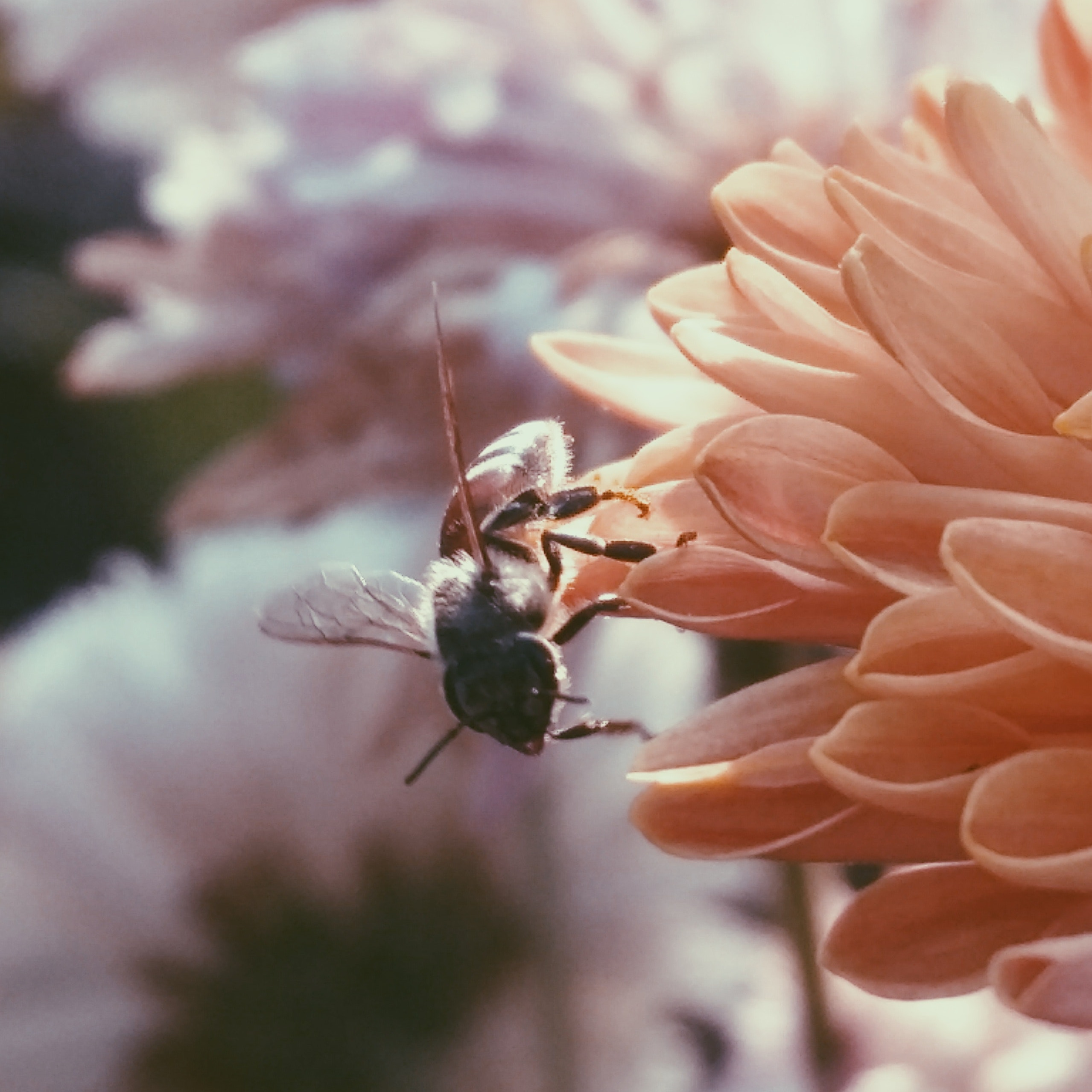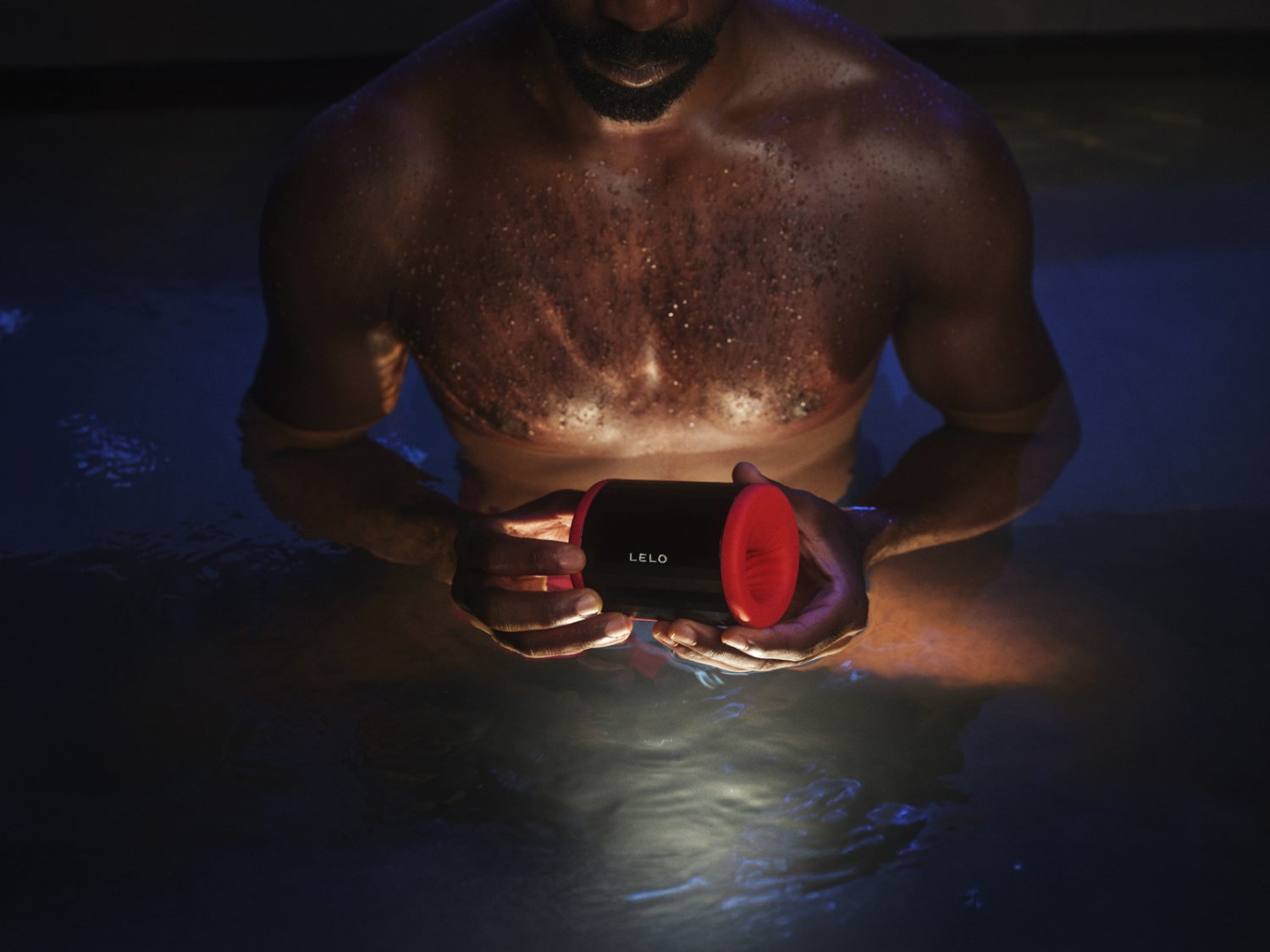Having an authentic and candid, yet age-appropriate discussion with your kids about masturbation is one of the biggest gifts you can give your children. It sets them up for a better perspective on sex in general and also can help boost their self-esteem.
Here are some tips on how to approach this potentially sticky (pun-intended) subject.
What’s the right age?
Your conversation, tone, and word choice will depend largely on the age of the child you are speaking to. Your 6-year-old is not going to understand as much as your 14-year-old.
In addition, if you are co-parenting, you should get on the same page about when and how to broach the subject and at what age is appropriate to begin the “sex talk” that includes masturbation. Most children play with their genitals, so a discussion on masturbation can start early if you so choose. It’s a personal choice. Consider an age-by-age guide to what to discuss with your kids.
It’s not one big talk.
Education is a lifelong journey. Yet, when it comes to “sex talk” with children, there is a cultural representation that there’s “one, big conversation.”
Try to remember that this masturbation conversation (and sex talks in general) is an on-going process, not a one-time event. You’ll likely need to revisit the conversation as they mature.
Use anatomical terms.
Masturbation involves a variety of sensations and types of touch. Don’t ignore the idea that masturbation is a form of self-exploration. To this end, try to use correct anatomical terms for genitals and other body parts. This not only sets up your kids for the best type of sex education, but it also helps remove stigma and shame from the conversation.
Truth and science have power. While you might be tempted to use pet names or euphemism instead of penis, vagina, vulva, etc, in the long run, anatomical names are more useful. There are many reasons that using correct terminology is important when talking to children about masturbation.
If you are talking to a younger child, consider including the genitals as part of body discovery. You can do this in the bathtub by making it part of a game where they point to different parts of their body—”Where’s your shoulder? Where’s your elbow? Where’s your vulva? Where are your toes?”
Be frank but relatable.
Masturbation is a private thing. Don’t feel like you have to share your own personal experiences. But you can talk in general terms and be frank and honest and open about what masturbation can entail. Give them the basics depending on what genitals they have.
For penis-owners, and depending on the age of your kid, describe what happens to the penis and emphasize the normalcy of stroking or touching or playing with the penis. Same for vulva owners – you can talk about how touching certain areas including the clit can produce pleasurable sensations. The main point to emphasize is that masturbation is normal, and that they can always come to you and ask questions.
Leave shame at the door.
If you have shame around sex, your kids will pick up on it. The best thing you can do for your children’s sex education is to help your own sense of sexual well-being, which might involve alleviating or facing some of your own sexual shame. This can be difficult, and I’m not saying you can’t have a healthy conversation with your kids if you have shame around sex. I am just saying your example is the greatest teacher and prioritizing your own pleasure is one of the greatest examples you can give your children.
If they sense you have a non-judgmental attitude towards sex, it will help them realize that it is ok to give themselves pleasure through masturbation.
After all, a masturbation practice can help boost happy hormones and build self-esteem and sexual literacy! When your children are old enough and ready to have sex, they’ll be armed with more confidence and the ability to set boundaries.
In the words of Tim Ferris, “your success can be measured by how many uncomfortable conversations you have.” Once you break through the awkwardness (if there is any), having a conversation about masturbation with your kids can bring you all closer together.
—
Emily Anne is a bestselling author, sex coach and educator, who specializes in helping people expand their sexual horizons through BDSM and kink. When she’s not obsessively talking about sex, she’s hiking through the Hollywood Hills. Get some sexy education on her Instagram feed!










